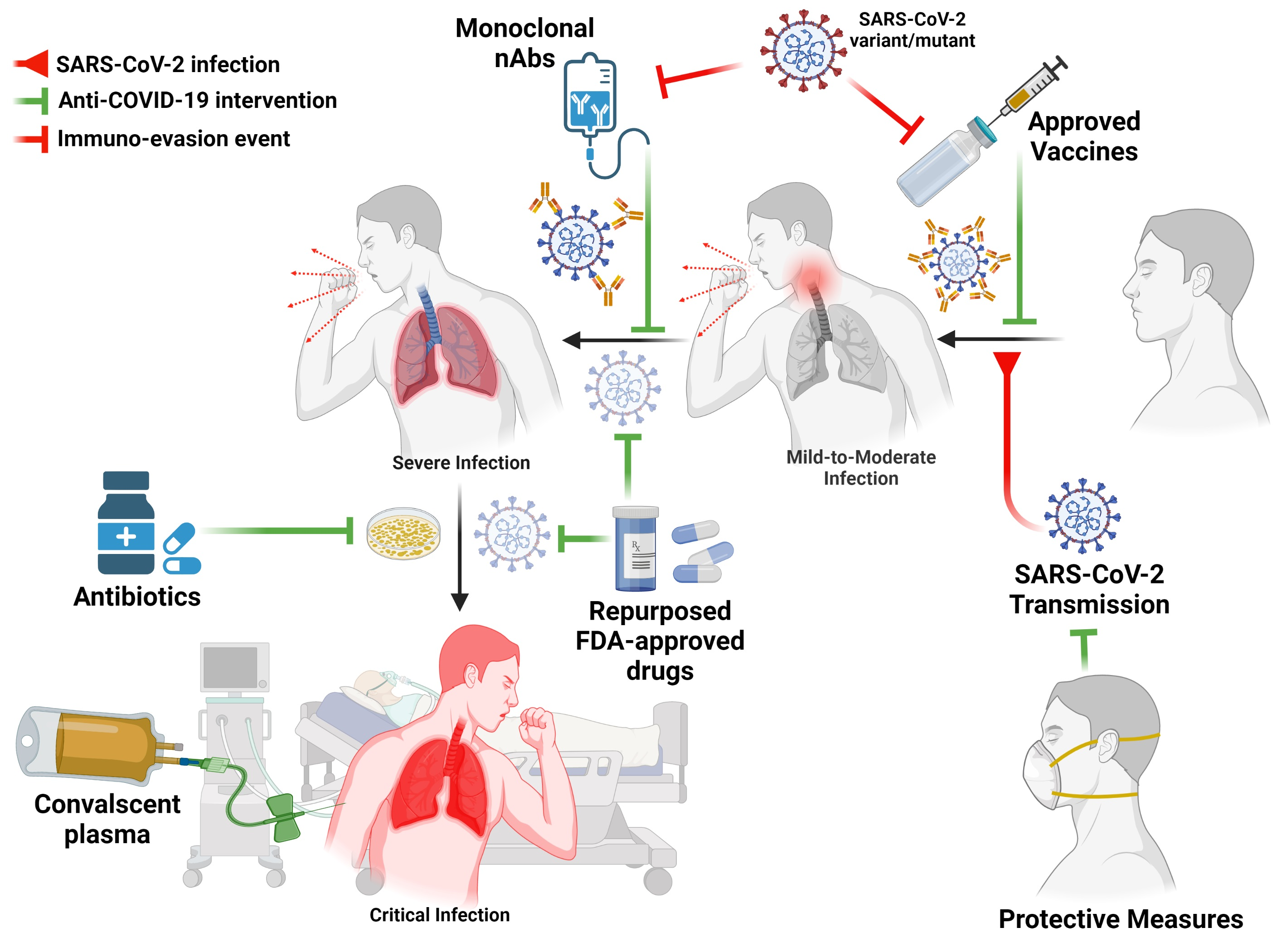
A study has revealed that two doses of coronavirus vaccine invented by Pfizer and AstraZeneca are able to block the Indian variant.
Taking two doses of either of these two ticks can also provide protection in the case of Indian variants like the Kent One variant (UK variant).
However, three weeks after the first dose, these vaccines were found to be 33 percent effective against the Indian variant.
However, in the case of the Kent variant, it has been found to be 50 percent capable.
The vaccine has been shown to be more effective in preventing hospitalization and death, according to research firm Public Health England.
After the second dose of Pfizer vaccine, it was found to be 8% effective in preventing the symptoms of Indian variant. And the Kent variant (UK variant) has been proven to be 93 percent effective.
The AstraZeneca vaccine, on the other hand, has been shown to be 80 percent effective in counteracting the Indian variant. And it is 8 percent effective to prevent the Kent variant.
Public Health England (PHE) says the difference in efficacy after two doses may be due to the fact that the second dose of AstraZeneca is given later than Pfizer. Pfizer’s vaccine has already been approved.
Other data show that it takes longer for an estrogen vaccine to reach its maximum potential.
The study, which ran from April 5 to May 16, looked at 12,75 people. Of these, 1,054 were Indian variants, known as B.1.617.2.
After learning about the Indian variant, data from all ages were taken into consideration in the study.
However, in the case of Indian variants, these vaccines are capable, but the research did not have enough information to understand the extent of that capability, the PHE said.
The BBC’s health correspondent Nick Triggell says protection against infection has always been of paramount importance as the virus changes.
Thus, the ability of Pfizer and Estrogen to provide this high level of protection against the Indian variant is much more reassuring. Because experts hope that these can be used to defeat the virus.
MN / 23 May






